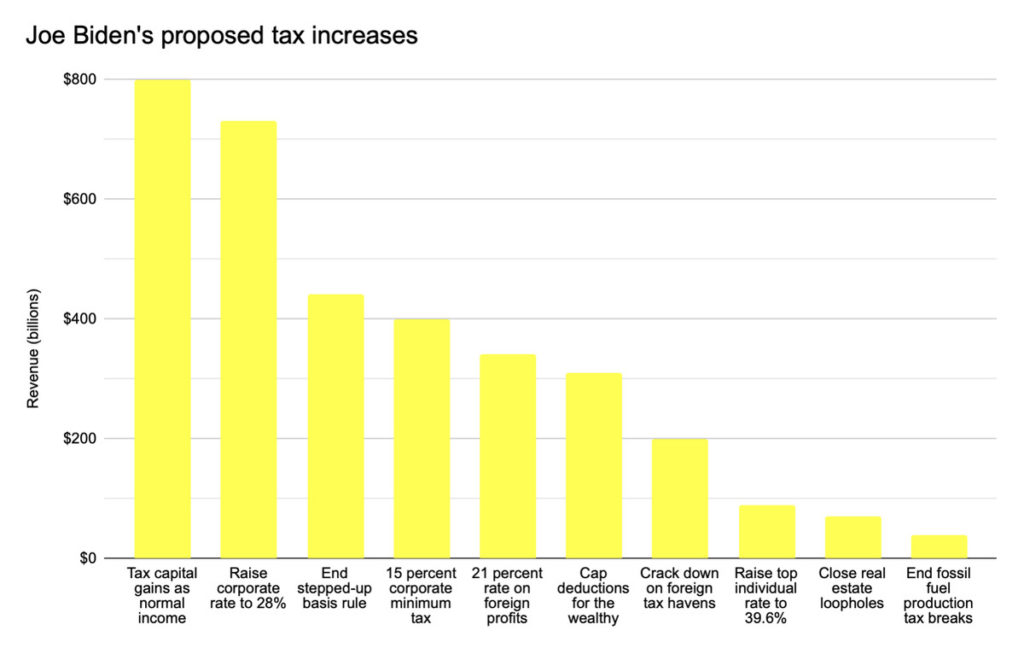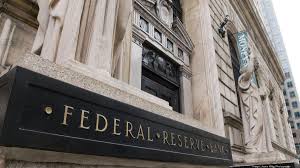Nate Silver published On The Edge: The Art of Risking Everything on August 13th and, well, I knew I had to jump it on the top of my reading list.
Silver is best known for creating the election-forecasting blog FiveThirtyEight, which he reconstituted on Substack in 2024 as The Silver Bulletin.
For newspaper-reading political obsessives like me, it’s Nate Silver’s world between now and November 5th, and we’re all just living in it. He aggregates and weights polling data, inputs other calibrated factors into his model, and suggests a probabilistic approach to electoral college results.
In his new book, Silver gives coherence – and the name “The River” – to a community of practitioners and thinkers who I admire, and who I try to channel in my own writing.
Silver’s thesis is that there is a particularly successful and newly salient group of people from a variety of walks of life who share a common epistemology.
Epistemology is the 50-cent word for a theory of knowledge or a way of thinking.
The River
So this group, the River, primarily shares a way of thinking about risk.
Among other things, they think probabilistically about risks in rational and objective ways, rather than emotional or traditional ways. They compare the probability of success versus the size of the rewards. They specifically seek to take risks when there is positive expected value – where the size of the reward is big enough to overcompensate for the probability of failure. They are competitive. They are strategically empathetic, by which he means they try to see how the other side of a contest is thinking. They update their views when new data comes in. They try to not be overly wedded to one world-view or one model of how things work. They can be contrarian in the face of societal consensus.
The meat of the book is derived from interviews and observations of people who share this epistemology from the worlds of technology, private equity, trading, gambling, cryptocurrency and artificial intelligence. Silver is a member of The River, so he’s eager to explain the advantages of this method, as it serves him and others well when investing, gambling, sports-betting, election-model building or other risky endeavors. He’s also a careful journalist and writer, so he sifts through – especially in later chapters – how this type of thought can go wrong for individuals or the world.
For an example of the latter, you get in this book very close-up conversations with Sam Bankman-Fried before, during and after his spectacular cryptocurrency rise with FTX, and his subsequent fall and fraud conviction.
You also get the most in-depth explanation of the rise of artificial intelligence I have read to date, including an attempt at a technical explanation of how large language models (LLMs) like ChatGPT work for a non-technical reader like myself. You’ll get far more poker history and lore and strategy than you’ll ever need, as well as the methods and thought process of a sports better.
My Own Retrospective Guide
Narrative, connectivity, identity, justice, and status-quo pattern recognition, are examples of other useful intellectual techniques common in academia, government, and journalism. They also may be at odds with the hyper-rational, probabilistic, contrarian risk-orientation of The River.
What I hadn’t expected is that Silver’s new book would provide a kind of retrospective guide to my own mental aspirations when writing this column. I naturally gravitate to stories about practitioners from The River, probably because I think it’s a great corrective to the typical epistemology of traditional journalism.
While there are quite a few members of The River and an extensive philosophical tradition – as explained in detail throughout On The Edge – the vast majority of us do not apply enough of these thought processes.
Silver dedicates two chapters to the rise of artificial intelligence, and especially the worries of leading rationalists like Eliezer Yudkowsky who see an existential threat from AI, something I became alarmed about last year.
Silver is a major advocate for prediction markets like Manifold, Polymarket and PredictIt, which allow the collective bets of crowds on outcomes in a probabilistic manner, and with which I’ve become obsessed in the past few months.
The River’s way of thinking informs my view of why retail options trading is not likely to be profitable in the long run.
My views on the organization GiveDirectly – which attempts to bring a rational and probabilistic mindset to philanthropy – stems from this same impulse.
The Recent Texas Lotto Example
This one didn’t come from Silver’s book, but an excellent Hearst investigation of a lottery scheme in Texas is one of the best recent examples of River vs. non-River thinking from the Lone Star State.
The most commonplace piece of personal finance wisdom is to never buy lottery tickets. And this is true, you should not, precisely because the “expected value” of every lottery ticket you’ve ever bought is less than the price you pay. The more tickets you buy, the more you will lose over time, like any other game of chance at the casino. This is Expected Value 101.
On the other hand, if there were a theoretical lottery game in which the payout had a positive expected value, then you should play that lotto. In the real world this is extremely rare, and requires specific circumstances and some sophisticated techniques.
The investors and implementers behind a lottery scheme in 2023 are an example of people from The River who know how to calculate and exploit expected value opportunities, even with lottery tickets. You should look up the Hearst investigation yourself as its quite interesting, but the short version is this:
For the April 22, 2023 Texas Lotto drawing, an investment group managed to spend an estimated $25.8 million to purchase every numerical combination possible in order to guarantee a win of the $57.8 million lump sum offered by the Texas Lotto, plus smaller prizes as well. Their expected value calculation depended upon the payout getting very large over many months without a jackpot, plus their confidence they had solved the technological and logistical problem of buying up every number combination over the course of two days. They basically brought an Oceans 11 approach to winning the Texas Lotto, and it was all legal.
If you don’t know how to do that, you should not ever be buying lottery tickets.
As a p.s. to the story, the Texas Lottery Commission will probably change the rules to prevent this kind of exploit in the future.
Improve Our Thinking
I’m not claiming to be particularly great at The River’s mode of thinking, but I am naturally attracted to it. I aspire to it.
My interest began as a childhood board game player, was enhanced by years working on Wall Street, and is kept percolating through hobbies like dabbling in poker, investing, and prediction markets.
I’ve been exposed enough to it throughout the years to see it as something that can give me, and other people, a possible edge in understanding the world. Whether you’re a member of The River already, or just want to avoid the pitfalls of conventional thinking, I recommend Nate Silver as your guide.
A version of this post ran in the San Antonio Express-News and Houston Chronicle.
Post read (161) times.
















